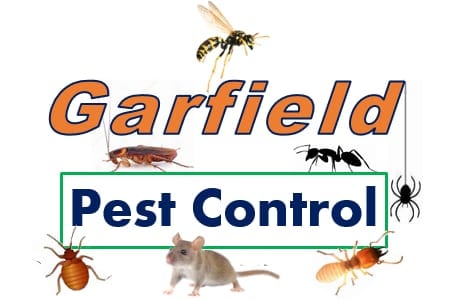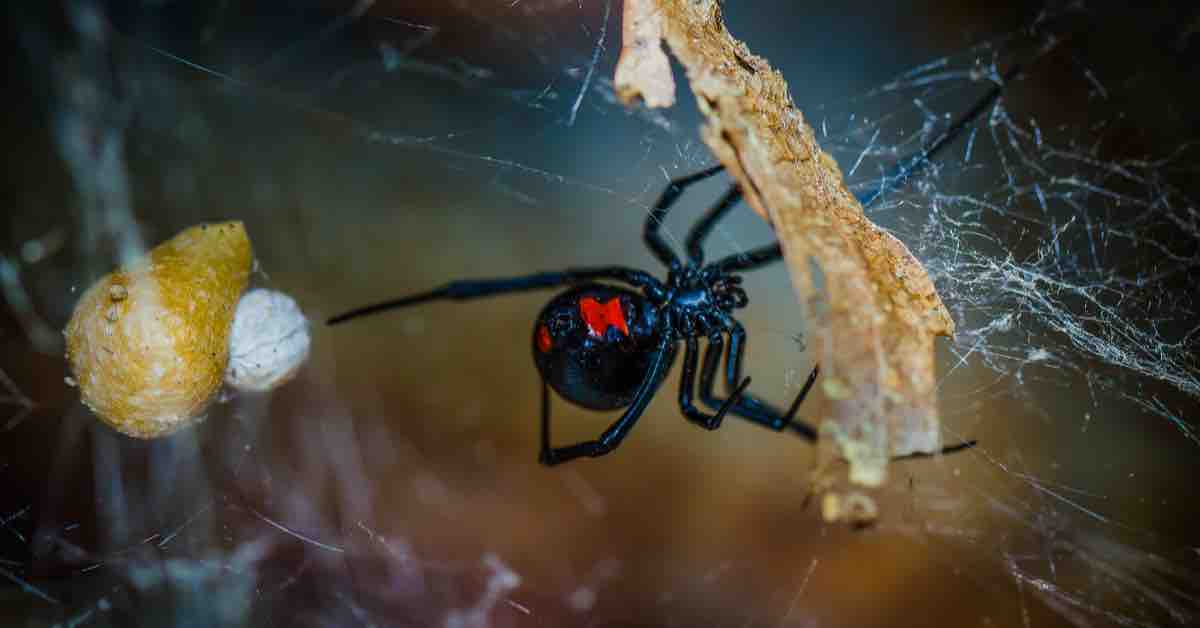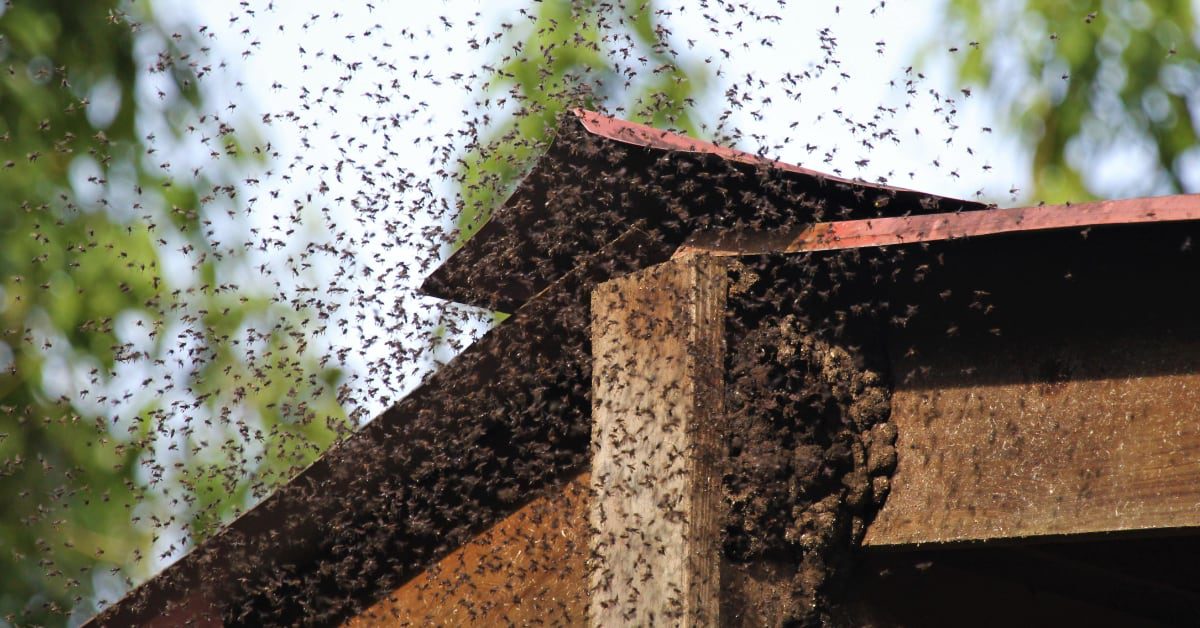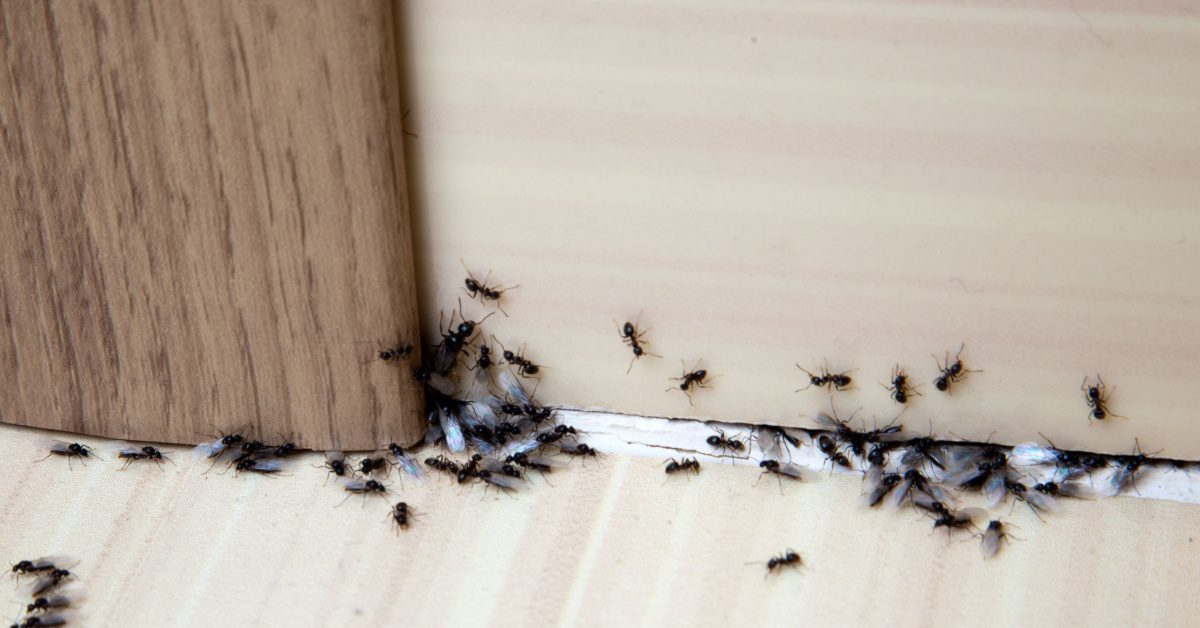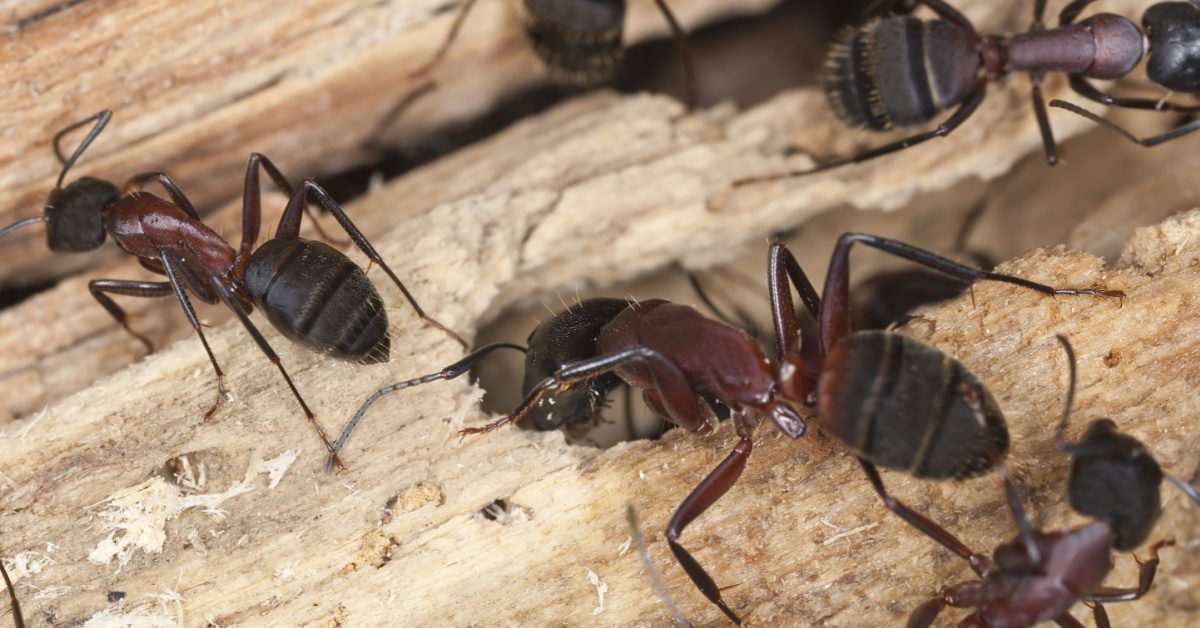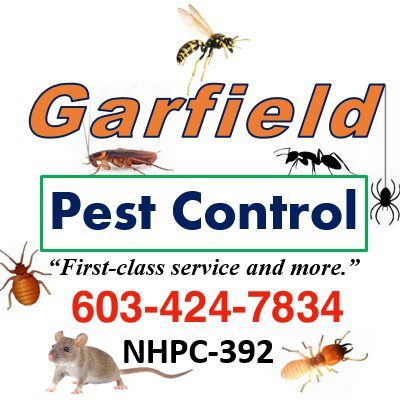The 4 Most Dangerous Bugs in New Hampshire
With more than 1.36 million people currently living in New Hampshire, it’s important to know what kind of pests to look out for. There are several dangerous bugs in New Hampshire that we’re going to tell you about in this comprehensive guide.
From the big to the small there’s a bug that comes in every size you might not know about. After you scroll through this post you’re going to have answers to questions like, are bugs really bad in New Hampshire?
Get ready for information on bugs that bite now.
1. The Gnat/Mosquito
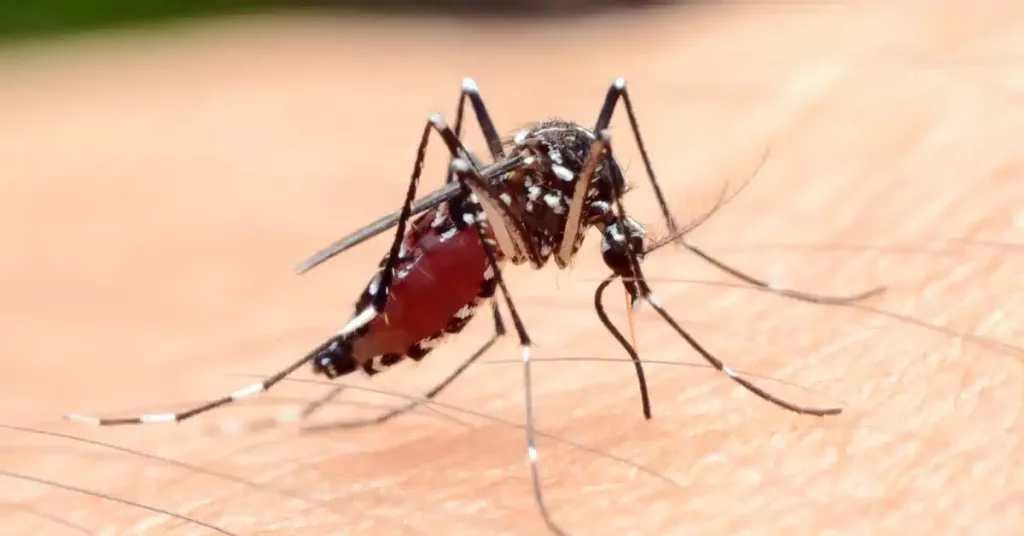
The first dangerous bug on our list is the mosquito, which can seem more annoying than dangerous. There are more than 3,500 mosquito species in the world and the thing that makes them dangerous are the diseases they carry and can transmit to people.
Mosquitos have been known to be carriers of diseases like:
- West Nile virus
- Zika virus
- Eastern equine encephalitis
While your chances of contracting these diseases from a mosquito bite are low, it doesn’t mean you want to take that chance. You can find mosquitos commonly breeding near stagnate puddles of water.
If you’re going to be outside we recommend you wear clothing that acts as a barrier between mosquitos and your skin. You can also wear insect repellent to deter them from landing on you and biting you.
2. The Deer Tick
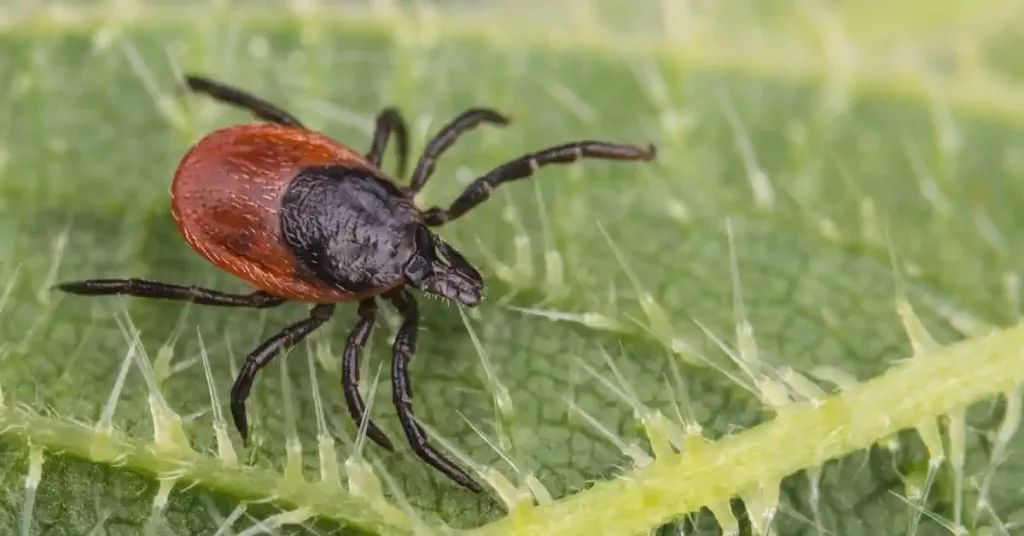

Deer ticks are silent bugs that are often hard to spot. They are prevalent in wooded areas, in yards and deep into gardens. They can carry Lyme disease, which if not caught early enough can do severe harm to both humans and pets’ health.
While mosquitos are somewhat easy to repel, ticks are not. However, like mosquitos wearing clothing that acts as a barrier when in areas the deer ticks may be is vital.
3. Black Widow Spider
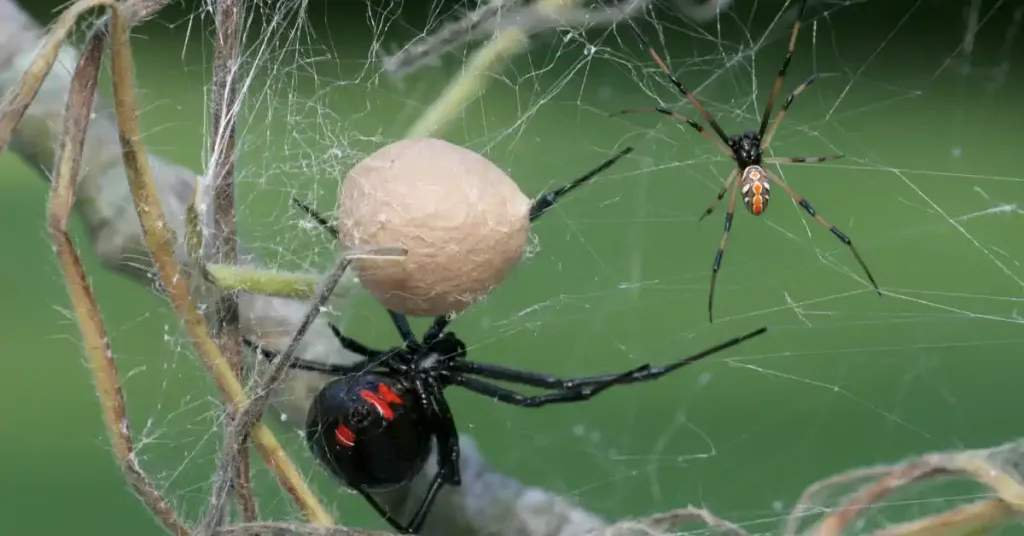

In New Hampshire alone there are more than 35 species of spiders including the Orchard Orb Weaver and Dark Fishing Spider.
Most are not dangerous except for those who may have an allergic reaction. When they bite the results typically mimick a bee sting with slight pain and swelling.
There is one venomous spider in New Hampshire and that is the Black Widow Spider. These spiders preserve their venom for their prey unless they are provoked by a human or pet then they will bite. In New Hampshire Black Widow Spider bites are rare, but children and the elderly can have a severe reaction such as fever, nausea, stomach cramps, pain and numbness.
Some of these spiders are large, but others are small making it more challenging to identify a spider bite. If you think you’ve been bitten but aren’t sure the first thing to do is look for puncture marks made by the spider’s veins.
After that, you’ll want to keep an eye on the area because it will begin to turn red and become swollen unless it is a Black Widow Spider, then the symptoms listed above may appear.
4. Carpenter Ants
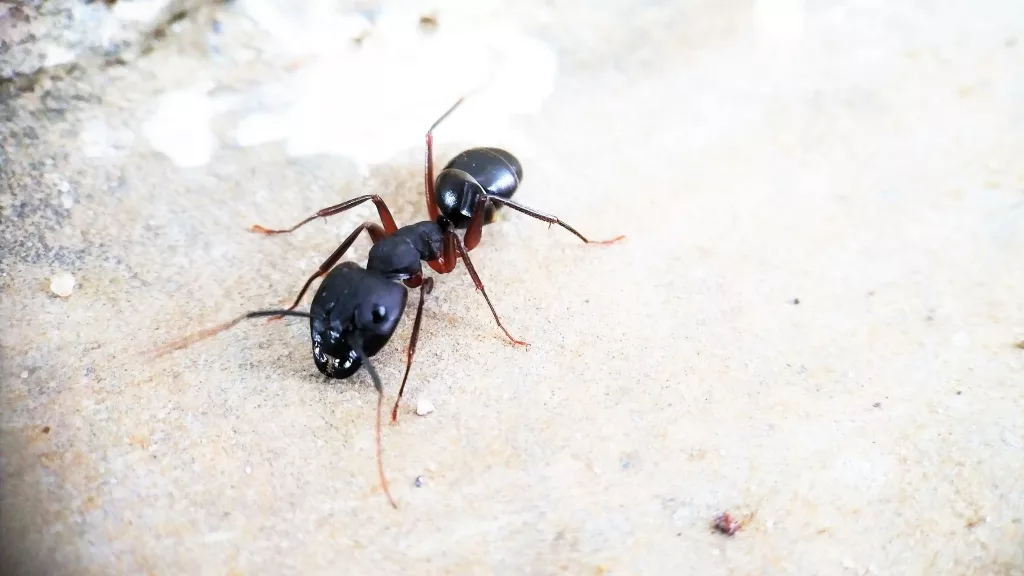

While ants are not scientifically considered bugs, the term bug is commonly used when identifying them. So we will mention them here since they can cause severe damage.
Carpenter ants are destructive bugs that can wreak havoc on the structure of your home. If you’ve got a carpenter ant problem and don’t take care of it you’ll begin to see problems in the structure of your home.
When the frame of your home warps it can make it difficult to open and close doors and cause your floors to begin sloping. While they don’t typically cause harm to people they do have strong jaws that can make for a nasty bite if provoked.
Dangerous Bugs in New Hampshire
We’ve given you some insight into four of the most dangerous bugs in New Hampshire. While there are other bugs to watch out for these are a few of the main ones.
Do you have some of these bugs lingering around your home? If so, we urge you to contact us here at Garfield Pest Control. Let us take care of these buggers once and for all today.
